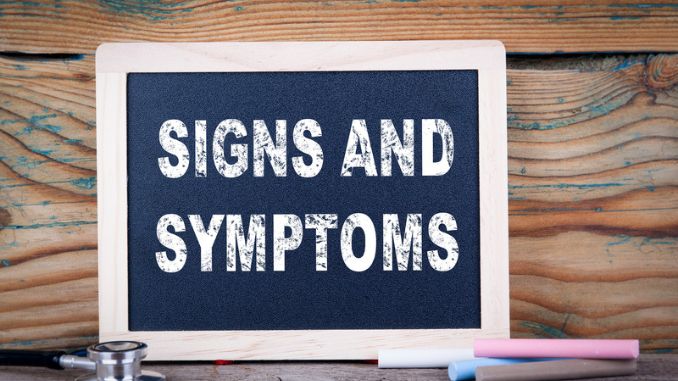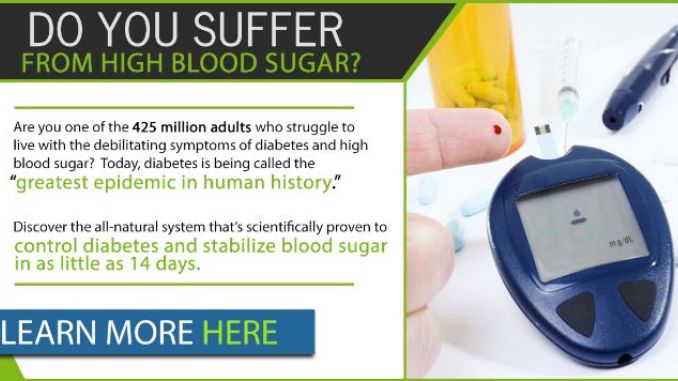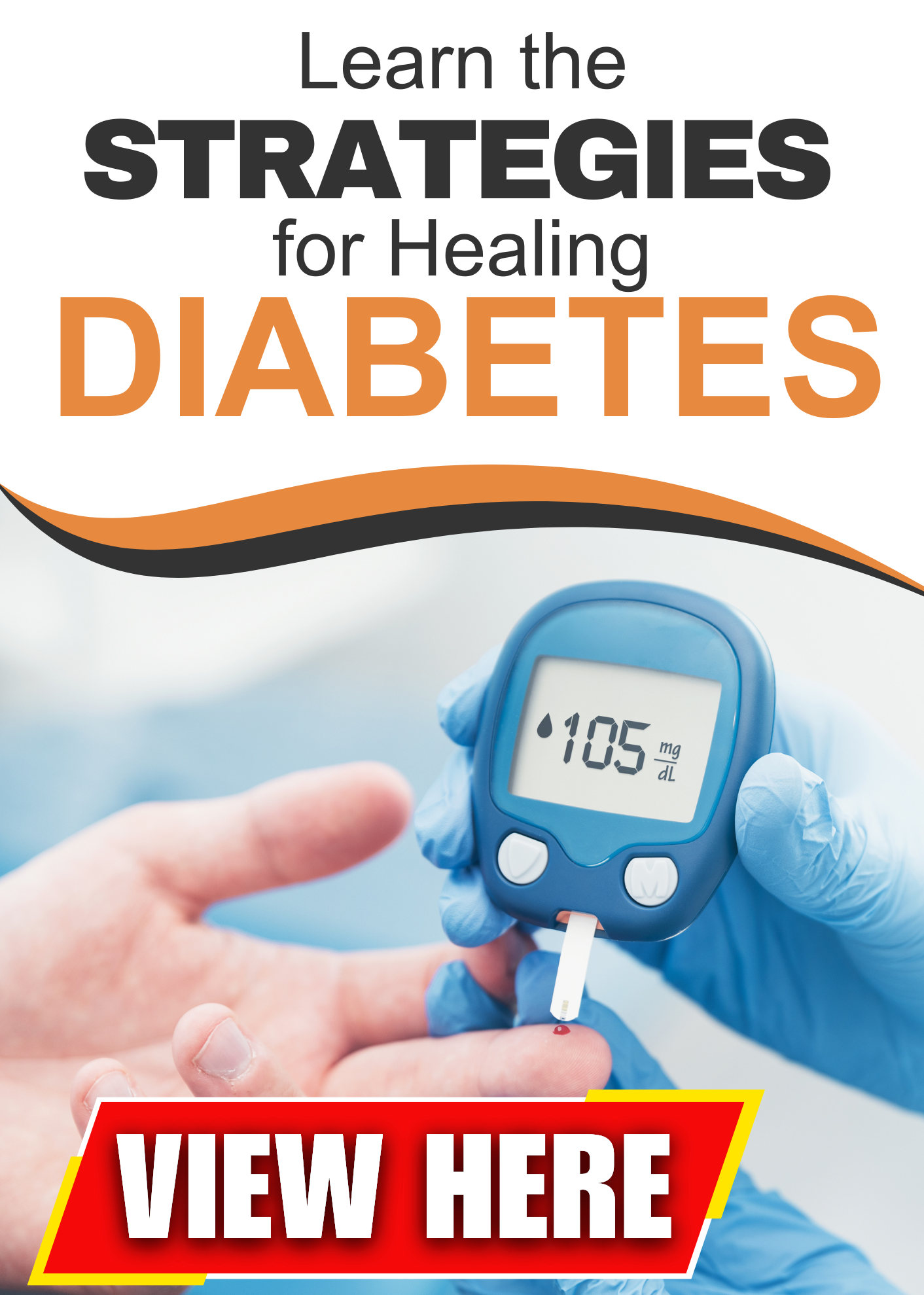The Hidden Dangers of Too Much Sugar Side Effects on Your Health

Last updated on April 3rd, 2025 at 06:13 pm
According to Ledyan, a nutritionist, sugar alone is needed by our body for energy and the proper function of organs. However, too much sugar side effects have a negative impact when consumed in excess.
Today, many people eat far more sugar than they realize, often hidden in everyday foods. Too much sugar can lead to problems like energy crashes, weight gain, and serious health issues such as diabetes and heart disease.
In addition, knowing how sugar affects our health and understanding too much sugar side effects is the first step to making smarter choices.
Understanding Sugar and Its Effects
- Foods high in refined sugars [1] are called “empty calories” because they provide energy without offering much in terms of vitamins or minerals. Over time, eating too many of these foods can lead to chronic diseases like heart disease, cancer, and then osteoporosis.
Definition of added sugar
Added sugar refers to sugars that are included in food during processing, preparation, or even when serving food at the table.
These sugars don’t naturally occur in the food but are added for sweetness or flavor. Common examples of added sugars are sucrose, dextrose, and honey.
On food labels, added sugars are shown separately from the total sugars, so you can see exactly how much extra sugar is included in the product.
Consuming too much added sugar can contribute to various health issues, so it's important to keep track of how much you’re eating.
Daily recommended sugar intake
- The American Heart Association recommends limiting daily added sugars to no more than 6% of daily calories.
- The daily recommended sugar intake is 25 grams (6 teaspoons) for women and 36 grams (9 teaspoons) for men.
Side Effects of Eating Too Much Sugar
Consuming excessive amounts of sugar, particularly in the form of added sugars (such as those found in sugary drinks, candies, and processed foods), can have a variety of negative effects on your body.
Here are some common side effects:
- Weight Gain: Excess sugar contributes to an excess in calories, leading to weight gain and then potential obesity.
Did you know that [2], the increase in sugary drink consumption is closely linked to the global rise in obesity. Reducing how much sugar-sweetened beverages you drink can help lower the risk of obesity, especially for people who are more likely to gain weight due to their genes.
- Increased Risk of Heart Disease: High sugar intake can lead to higher levels of blood triglycerides, inflammation, and then increased blood pressure, all of which raise the risk of heart disease.
Too much sugar can cause extra sugar to build up in the heart, making the heart muscle too thick. This condition, called hypertrophic cardiomyopathy, can make it harder for the heart to work properly.
- Diabetes: Excessive sugar consumption can contribute to insulin resistance, which increases the risk of developing Type 2 diabetes over time.
- Dental Problems [3]: Sugar feeds the bacteria in your mouth that cause tooth decay and then cavities.
Even in the modern age with widespread fluoride use, which helps protect teeth, consuming high amounts of sugar still contributes to tooth decay.
- Fatty Liver Disease: High sugar intake, especially fructose (often found in sugary drinks), can lead to non-alcoholic fatty liver disease.
- Increased Risk of Cancer: Some studies suggest that excess sugar may increase the risk of certain cancers, possibly through the promotion of inflammation or the impact on insulin levels.
- Addiction and Cravings: Consuming too much sugar can trigger the release of dopamine in the brain, creating a cycle of cravings and then potentially leading to a sugar addiction.
- Aging of Skin: High sugar levels can lead to the formation of advanced glycation end products (AGEs), which damage collagen and elastin in your skin, accelerating the aging process.
- Weakened Immune System: A diet high in sugar can impair the immune system, making it harder for your body to fight off infections.
Symptoms of Overeating Sugar

When you consume too much sugar, you may experience a variety of symptoms, including:
- Energy Slumps: After the initial energy boost from sugar, you may experience a crash or fatigue.
- Mood Swings: High sugar levels can cause fluctuations in blood sugar, leading to irritability, mood swings, and then anxiety.
Eating sugar (like fructose) [4] might also impact the brain, leading to problems with memory and learning. Some research shows that sugar can change the brain’s normal functions and then make it harder to think clearly.
- Increased Hunger: Sugar can cause blood sugar levels to spike and then drop quickly, leading to feelings of hunger and then cravings.
- Headaches: Sudden changes in blood sugar levels can result in headaches.
- Digestive Issues: Overconsumption of sugar can lead to bloating, gas, or even diarrhea in some people.
- Skin Breakouts: Excess sugar can increase oil production in the skin, potentially leading to acne or other skin issues.
Tips to Reduce Sugar Consumption
1. Swap for Healthier Alternatives
- Replace sodas with water or unsweetened beverages.
- Opt for whole fruits instead of sugary snacks or desserts to avoid too much sugar side effects.
2. Balance Meals
- Eating balanced meals with protein, fiber, and healthy fats can reduce sugar cravings and then promote sustained energy.
3. Use Sugar Substitutes
- Try natural alternatives like stevia or monk fruit, which provide sweetness without the harmful effects of added sugars.
4. Practice Mindful Eating
- Be aware of too much sugar side effects in your diet and then take small steps to reduce intake gradually.
Conclusion
Consuming too much sugar can lead to serious health risks, including diabetes, heart disease, liver damage, and cognitive challenges. Moderation is key—make informed choices and prioritize whole, unprocessed foods.
Start with small, achievable changes to create a healthier lifestyle and then reduce sugar dependency over time.
Take control of your health today with the 14-Day Diabetes Control Quick Start Program – a convenient digital download designed to help you manage your diabetes effectively. Start your journey towards better health with practical tips, easy-to-follow meal plans, and strategies to stabilize your blood sugar levels. Don't wait – download now and take the first step toward a healthier, more balanced lifestyle!
FAQs
What happens if you eat too much sugar?
Answered by Dr. Howard E. Lewine, large studies have found links between added sugars and common chronic conditions, including obesity, diabetes, and heart disease, as well as high blood pressure, elevated triglycerides, low HDL (good) cholesterol, cancer, dementia, and fat deposits in the liver. Some of the sugars you eat come from naturally occurring sources in whole foods that are actually good for you. However, sugary foods and sugar-sweetened beverages consumption, especially those high in added sugars, can contribute significantly to these health issues.
According to the Dietary Guidelines for Americans, nearly 70% of added sugars come from these five types of food and drink:
- sweetened beverages such as colas
- desserts and sweet snacks
- sugar-sweetened coffee and tea drinks
- candy
- breakfast bars and cereals.
The most important step is becoming more aware of the foods in your diet that are high in added sugar and taking reasonable and practical steps to eat less of those foods.
What happens after 2 weeks of no sugar?
After cutting out sugar for two weeks, you might notice:
- Less Craving for Sweets: Your body may get used to less sugar, and cravings may decrease.
- More Steady Energy: You may have more consistent energy throughout the day without the sugar highs and crashes.
- Possible Weight Loss: Cutting sugar could help with some weight loss, especially if you're eating healthier overall.
- Better Skin for Some People: Some may notice fewer breakouts or clearer skin.
- Better Mood: You might feel more stable, as blood sugar swings can affect mood.
How can I flush sugar out of my system fast?
To help your body get back to normal after eating sugar:
- Drink Plenty of Water: Staying hydrated helps your body process and remove sugar.
- Exercise: Physical activity can help lower your blood sugar.
- Eat Fiber-Rich Foods: Foods with fiber, like vegetables, help manage blood sugar.
- Get Enough Sleep: A good night's sleep helps your body regulate blood sugar.
- Avoid More Sugar: Reducing sugar intake gives your body a chance to return to balance.
What are 20 warning signs of diabetes?
Here are some common signs that could suggest you might be at risk for diabetes:
- Increased thirst
- Going to the bathroom often (more urination)
- Feeling hungrier than usual
- Losing weight without trying
- Feeling tired all the time
- Blurry vision
- Cuts or sores that heal slowly
- Frequent infections
- Dry mouth
- Itchy skin
- Numbness or tingling in your hands or feet
- Dark patches of skin (usually on the neck or armpits)
- Eating more than usual
- Feeling more irritable
- Nausea or feeling sick
- Sweet-smelling breath
- Higher-than-normal blood sugar levels
- Poor circulation
- Sweating more than usual
- In severe cases, fainting or losing consciousness
Rick Kaselj MS, is a leading kinesiologist and injury specialist as well as co-creator of the best-selling Unlock Your Hip Flexors program. Rick creates exercise programs that help people heal injuries and eliminate pain, so they can go back to living a full, active, healthy life.






